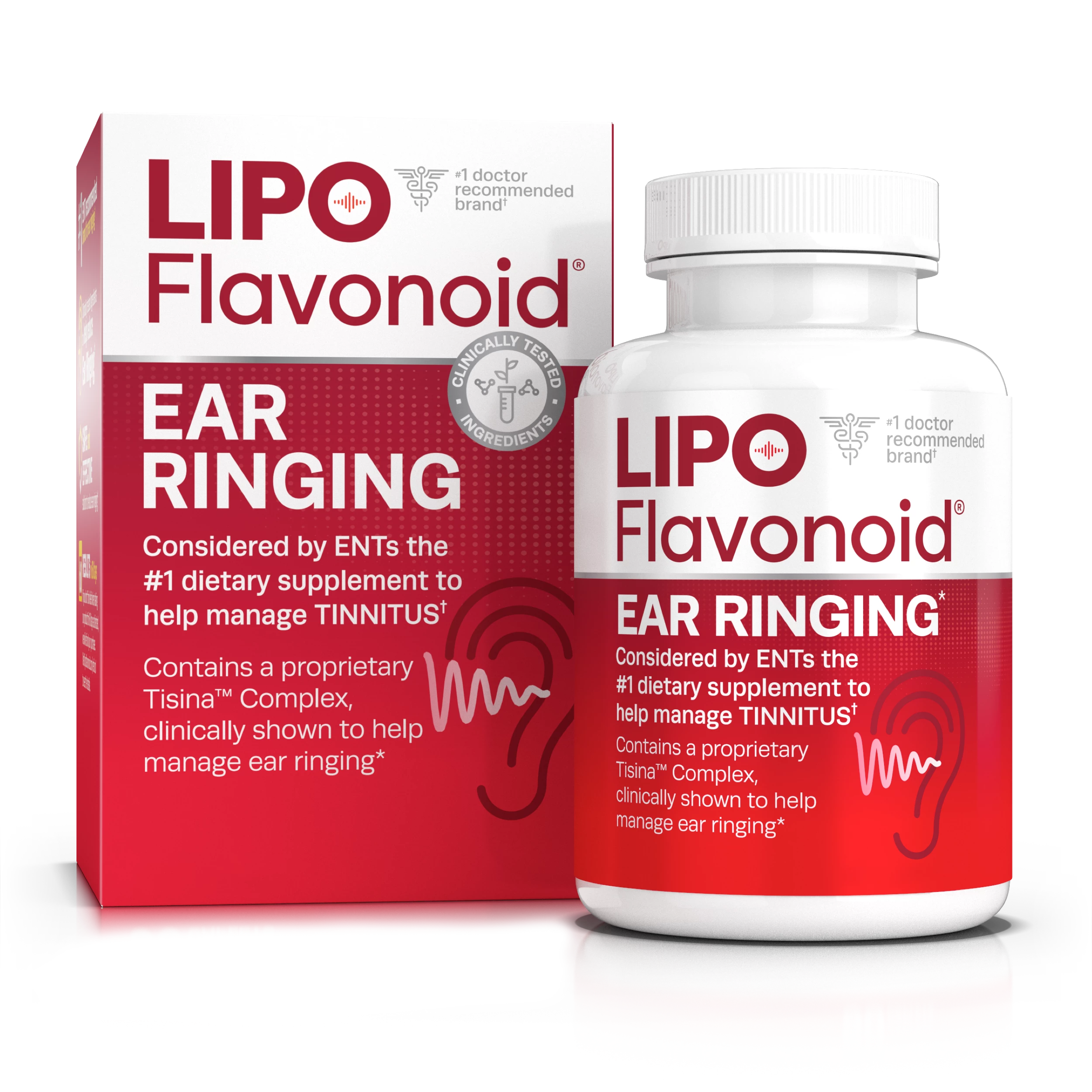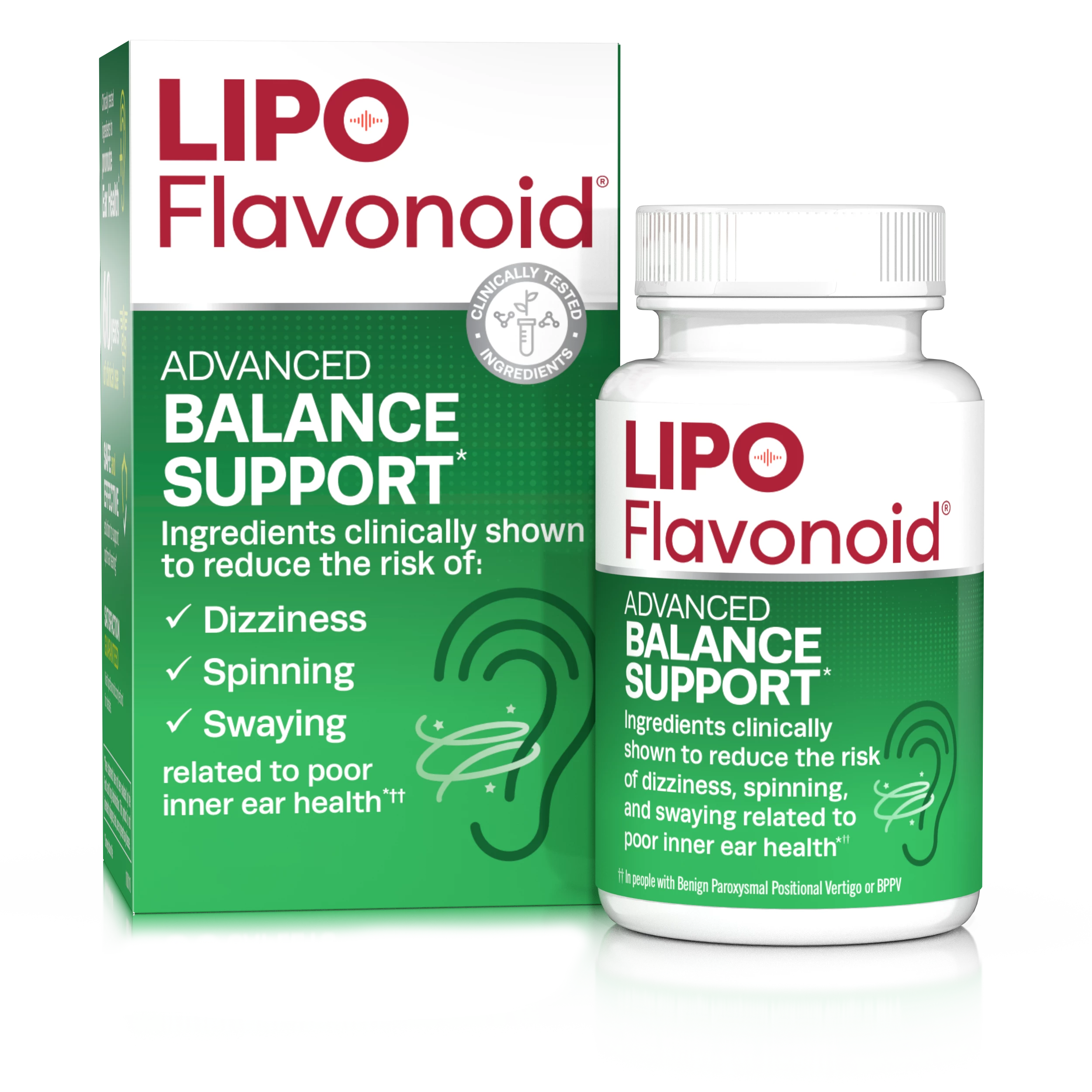- Products
- Science
-
Resources
- Tinnitus Resources
- What is tinnitus?
- Causes of tinnitus
- Tips for managing tinnitus
- Prepare for your doctor's visit
- PTSD and tinnitus
- Tinnitus FAQs
- Hearing Loss Resources
- What is hearing loss?
- Degrees of hearing Impairment
- Types of hearing loss
- Causes of hearing loss
- Treatment options for hearing loss
- Find a store
- My Account
-
-
- Healthcare Professionals
Are You Making Your Ear Ringing Worse? 5 Tinnitus Tips to Help
Ringing in the ears (also called tinnitus) is a common, distressing condition (affecting nearly 50 million people in the United States) that can cause serious impacts on your life (ranging from feelings of social isolation to depression).
But it doesn’t have to be this way. Read on to learn how to better live with (and manage) ringing in the ears.
There isn’t yet a cure for tinnitus, but there are things you can do to help prevent your problem from getting worse and to even make it better.
- Avoid loud noises. Reducing exposure to loud, ear-irritating sounds can help improve tinnitus and keep it from getting worse. Safeguard ears with earplugs or other ear protection devices when noise exposure is unavoidable. Move away from noise sources when possible. Make sure the volume used with headphones and ear buds is turned down, and allow ears to recover from noise by taking frequent “quiet” breaks.
- Reduce and manage stress. According to research published in Ear and Hearing, the probability of developing tinnitus is approximately the same for highly-stressed people as it is for people exposed to occupational noise. In the same vein, the British Tinnitus Association reports it’s common for tinnitus to manifest during or after periods of high stress and for tinnitus to become worse with stress. Exercise, time in nature, positive thinking, getting quality sleep, and communicating with supportive loved ones and health professionals are all great stress-relief tactics.
- Get healthy amounts of sleep; too little can trigger tinnitus or make it worse. Most people need about 8 hours per night. Practical sleep tips include: sticking to consistent bedtimes and wake-times, exercising each day, avoiding caffeine and alcohol before bed, considering a sound machine and perhaps melatonin, and creating soothing, sleep-signaling rituals.
- Avoid caffeine, alcohol and nicotine; each can make ear ringing more noticeable, and can interfere with quality sleep.
- Consider other health issues or medications being taken. There are a variety of medicines and health situations that can cause or worsen tinnitus and should be ruled out or addressed, as appropriate. Medications linked to tinnitus include certain antibiotics, antidepressants, nonsteroidal anti-inflammatory drugs (NSAIDs), cancer drugs, diuretics, and high doses of aspirin. Conditions include head injuries, diabetes, Meniere’s disease, hypertension, allergies, excessive ear wax, and jaw issues (TMJ). If you think another health problem or a medicine you’re taking may be causing or worsening your tinnitus, talk to your doctor about it and, of course, never change or halt your medicine routine without input from a qualified health professional.
Some tinnitus sufferers may also benefit from a nutritional supplement to support ear health. With consistent use as directed, the nutrients in Lipo-Flavonoid have been shown to improve the symptoms of tinnitus in some people.
Lemon bioflavonoids, like those in Lipo-Flavonoid, are thought to help relieve tinnitus symptoms by:
- Improving microcirculation in the inner ear
- Preventing abnormal accumulation of fatty deposits, and
- Blocking histamine production in the inner ear (a likely cause of inner ear disturbances.)
Learn more and find coupons: https://lipoflavonoid.com/coupons/


